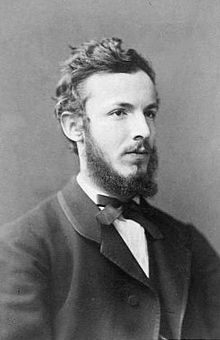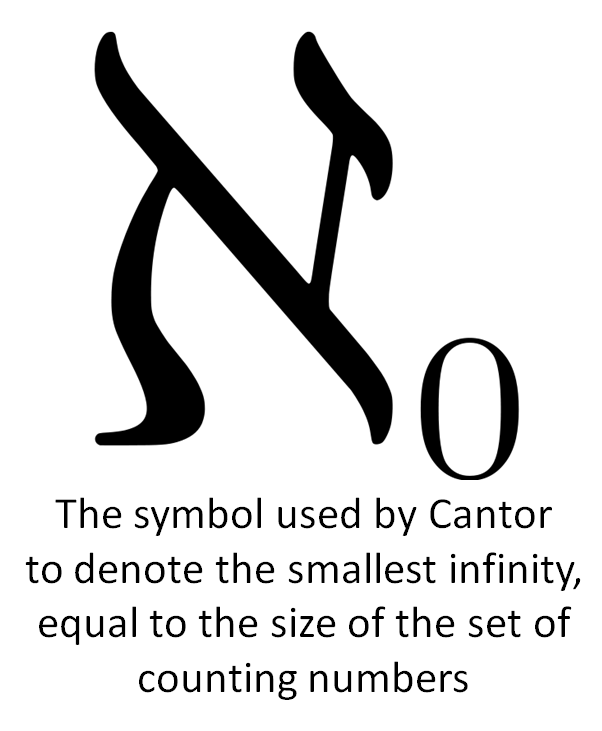The Mind of Georg Cantor
by Andrew Boyd
Today, who was Georg Cantor? The University of Houston's College of Engineering presents this series about the machines that make our civilization run, and the people whose ingenuity created them.
Mathematician Georg Cantor was the first person to take a systematic look at infinity. We intuitively think of infinity as, well, "really big." But Cantor showed there are many types of infinity, some infinitely bigger than others. And his efforts weren't a parlor game. He helped propel the world of mathematics into a decades-long evaluation of its very foundations.

But who was Georg Cantor as a person? It's a question that's long puzzled scholars seeking to understand how Cantor's life shaped his mathematics.
Cantor's work differed so dramatically from anything before it that mathematicians weren't initially sure what to make of it. Some loved it; others hated it. David Hilbert believed Cantor had created a new mathematical paradise. Bertrand Russell viewed Cantor as one of the nineteenth century's intellectual giants. Henri Poincaré, on the other hand, thought of Cantor's work as "a grave mathematical malady," while Leopold Kronecker famously called Cantor a charlatan, a renegade, and a "corruptor of youth." Cantor probably would've been better off by sticking to the math, but he spent endless years contemplating and defending the philosophical implications of what he'd exposed. And while he received praise from some of the greatest mathematicians of his day, he was consumed by the voices of his critics — obsessed at times by perceived conspiracies. As a person he was described as eccentric but likable, having a quick mind that stimulated excitement among those around him.
Cantor drew further criticism by veering into domains other than math. He wrote extensively in support of the theory that Shakespeare's plays had actually been authored by Francis Bacon. After one of his many stays locked in a hospital for the mentally ill, Cantor wrote a dialogue between a master and his pupil in which the master argues that Joseph of Arimathea had fathered Christ.
To his death Cantor remained a devout Christian, having been raised by a Lutheran father who'd ingrained in his son two things above all others: rely on God, and be successful. Some argue that Cantor's descent into mental illness was the result of unresolved Freudian issues with a demanding father. Others believe he suffered from chemical imbalances leading to bipolar disorder. Still others lean toward depression brought on by his inability to resolve important questions about infinity; that in doing so he'd failed his "divine muse," the Father Almighty, who'd allowed him a glimpse of the unseeable. Or could Cantor's illness simply have been brought on by the sheer act of contemplating infinity?
Sometimes even complicated stories can be reasonably told with just a few words — we do that a lot on Engines. But sometimes the subject eludes being wrapped in a simple package. I suppose that's only fitting for Georg Cantor, a man who dared look upon the face of the infinite.

I'm Andy Boyd at the University of Houston, where we're interested in the way inventive minds work.
(Theme music)
Notes and references:
For a related episode, see GEORG CANTOR.
J. W. Dauben. Georg Cantor: His Mathematics and Philosophy of the Infinite. Princeton, New Jersey: Princeton University Press, 1979.
The first two pictures are from Wikimedia Commons. The third picture is by E. A. Boyd.
This episode was first aired on February 7, 2013.
